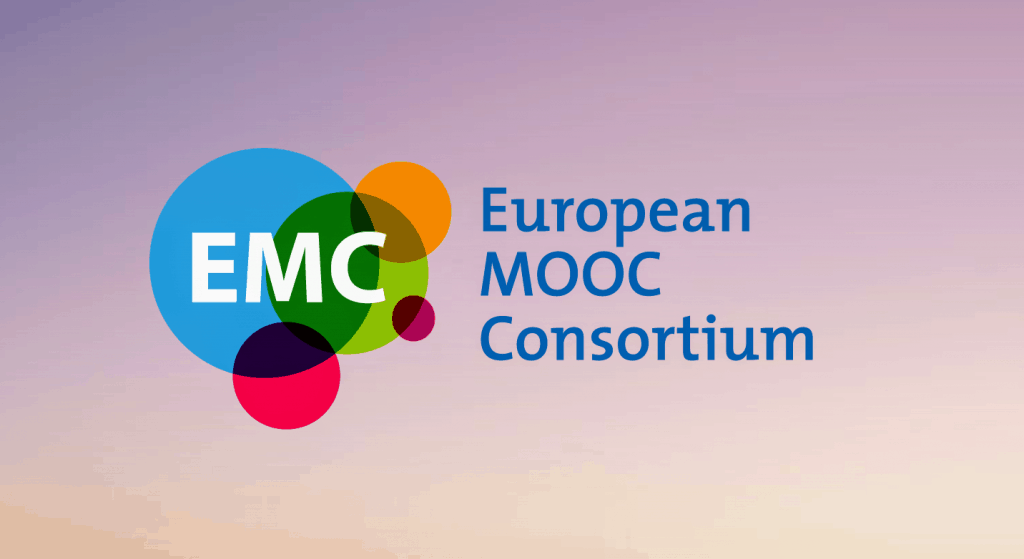European MOOC Platforms Plan New Generation of Microcredentials
Europe’s largest MOOC platforms cooperate to create MOOC framework for portable, credit-bearing microcredentials.
Europe’s main MOOC providers have partnered to create new microcredentials that will allow learners to earn academic credit while gaining in-demand skills.
The initiative, called Common Microcredentials Framework, is spearheaded by the European MOOC Consortium, which comprises Europe’s largest MOOC providers:
- FutureLearn, which is based in the UK and has 9 million learners.
- Miriada X, which is based in Spain and has 4 million learners.
- FUN, which is based in France and has 1.6 million learners.
- EduOpen, which is based in Italy and has 54 thousand learners.
The consortium’s objectives include stimulating the creation of online courses, popularizing their use in academia and industry, and guiding the development of education policy in Europe.
Goals
The proponents of the framework argue that as technology evolves, in-demand skills change and continuous learning becomes a necessity; that traditional education isn’t flexible and can’t keep up with technology; and that existing microcredentials, with their different names and characteristics, can confuse learners and employers.
By contrast, microcredentials developed under the new framework aim to be widely recognized; flexible and practical; and ideal to meet the demand for lifelong learning.
Features
To achieve those goals, the European MOOC Consortium has outlined a number of specifications that a microcredential should satisfy to be considered part of the new framework:
- Credit-bearing: The microcredential should allow learners to earn academic credit after completing an ID-verified final assessment.
- Recognized: The microcredential should be classified at the bachelor’s or master’s degree level in the European Qualifications Framework, which helps European universities understand academic qualifications offered in other European countries.
- Transparent: The microcredential provider should issue transcripts to its graduates specifying the skills gained, effort required, and academic credit earned.
- Substantial: The microcredential should involve 100 to 150 hours of study.
- Practical: If the microcredential is targeted toward professionals, it should help them gain industry-relevant skills and be flexible enough to fit into a busy schedule.
By tying microcredentials to academic credit, the new framework aims to ensure the quality and rigor of its qualifications. By positioning them in the European Qualifications Framework, it aims to facilitate their recognition and portability across Europe. And by requiring them to be skill-centric and flexible, it aims to address the workforce need for upskilling and reskilling.
The first microcredentials within this new framework are expected to launch before the end of 2019.








George Pat
This is a step in the right direction! Well done to them.
I am curious to see how much recognition and credits they can bear.
Maybe these qualifications can serve more purposes like: Advantage in competitive entry universities, skip one semester of the degree etc.
Let’s hope they are recognized in the whole EU
This will be very interesting to watch!
Ronny De Winter
another step towards Universal Study Points: https://www.classcentral.com/report/universal-lifelong-learning-credit-system/
Stavroula Koulocheri
Τhis a very good initiative, very promising!